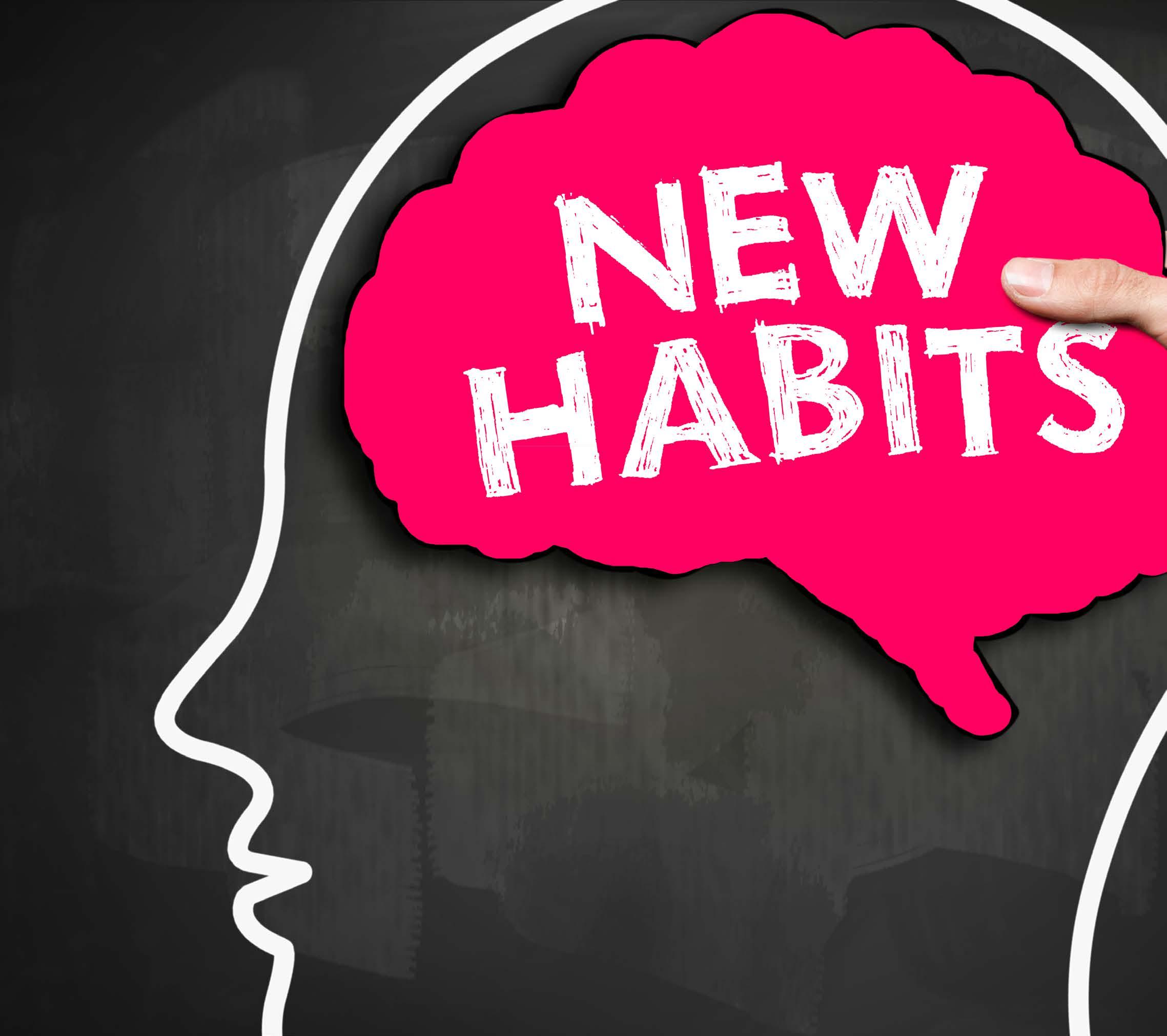
10 TIPS FOR NEW LAWYERS collaw.edu.au/CPD
If you are new to legal practice this e-book will provide you with practical tips and advice from experienced practitioners at the College of Law.
By this point you will have spent years obtaining your qualification, and maybe even some work experience. If you want to excel and achieve long term career success, keep reading on to discover our 10 practical tips.

CONTENTS
FOR YOUR CAREER
4.
5.
6. Negotiate
7. Persuasion
8. Writing
9. Think
10. How
the
TIPS
1. Find a mentor 2. Forget work-life balance. Aim for whole-life balance 3. Be kind to yourself - There are no mistakes, just lessons
Don’t be afraid to ask questions
De-clutter and manage your time TIPS FOR PRACTISING
like a pro
+ Preparation + Presentation
statutory declarations
outside the square
to survive
dreaded timesheet

FIND A MENTOR
A great way to progress your legal career is with the assistance of a mentor. Mentors are older, more experienced lawyers who are keen to support you in your early career, by providing any advice you might need or acting as a sounding board when you are making big decisions. They can also be a great source of contacts. Importantly, mentors are usually pretty passionate about helping their mentees as much as they can and really enjoy the role.

Most mid to large firms have a formal mentoring structure in place, as do many smaller firms, CLCs and other organisations. Most universities also have mentoring programs between current and past students. Of course you don’t have to track down a mentor through a formal process. You might have a family, church, school or community connection to someone who would make a terrific mentor. Why not ask them if they would be your mentor?
If you’ve clerked somewhere and really hit it off with someone older consider approaching them and asking if they would mentor you. You don’t necessarily have to work with your mentor, in fact often it is better if you don’t. Once you have established a mentoring relationship with someone remember that they are busy and it will be up to you to initiate contact most of the time. Don’t feel that you are being a bother, they will be really happy to hear from you and meet up with you as often as possible. The fact that they may not make contact first is simply a reflection of their workload. So make sure you keep working at deepening the relationship with your mentor. It will likely open many doors. You might also like to read: Loren Blumgart’s mentor experience
FORGET WORK-LIFE BALANCE. AIM FOR WHOLE-LIFE BALANCE.

Is it time to kill the term work like balance? It has a connotation that work is not part of life, that when you are at work you are not living. It implies that there’s work and then there’s life. An alternative might be to use the term whole-life balance because, let’s face it, what we are really aiming for is to achieve balance in our whole lives.
Work is part of your whole life and it’s good to see it that way so that you can be your whole authentic self at work. Achieving whole-life balance means enjoying your work and being able to balance it with quality time with your loved ones, time to look after yourself properly, through adequate sleep, exercise and nutrition and time to do whatever feeds your soul.
You might also like to read: Avoid late night work emails
BE KIND TO YOURSELF -
Some people deal with mistakes better than others. The pessimists amongst us tend not to cope well with slip ups, no matter how big or small.
Interestingly, pessimists are known to be both attracted and suited to the study and practice of law. Pessimists are hard wired to spot risk; an important legal attribute. The problem is, that instead of accepting the error, learning from it and moving on, the pessimist will dwell on it, reliving it over and over in their mind, torturing themselves in the process. Other than making the protagonist sick with worry, little gain is made as lessons are often not sought or identified and nothing changes.

Sadly the same mistake is likely to be repeated again. It is a given that we will all stuff up at some stage or another and definitely more than once. Be kind to yourself. Accept that this is an integral part of the human condition. Don’t hide; tell your superiors immediately and implement damage control measures.
When you have had time to cool down, look for lessons and move on... Forgive yourself.
THERE ARE NO MISTAKES, JUST LESSONS.
DON’T BE AFRAID TO ASK QUESTIONS
Early days in a clerkship, community legal service volunteer position or graduate law position can be pretty intimidating.

Sometimes you might hesitate to ask a question because you are afraid that something unknown to you might be obvious to everyone else. Let’s face it, it feels safer to say nothing than to risk looking idiotic. However, your question is unlikely to reflect negatively on you. At worst it will demonstrate that you are interested in learning. At best it will raise an issue that others have not considered or fully addressed.
So ask away! Asking questions is an essential skill for all lawyers, so try to get comfortable with it as early in your career as possible.
DE-CLUTTER AND MANAGE YOUR TIME

Mistakes are often the product of a cluttered, distracted mind. The way to avoid the mental noise is to practice effective time management.
When you start work each the morning, make a list of things that you need to do. I divide my page up into work, professional development and personal. We each have a life and outside interests, professional and non-professional, and it is important to list these things as well and give them the attention they deserve.
With the work stuff, I prioritise the top 3 things to do by numbering them accordingly.
If you have some discretion about what has to be done first, it is useful to put the most challenging thing at number 1. That is, you should strive to “eat the frog”. Mark Twain famously said that “if you eat a frog first thing in the morning, the rest of your day will be wonderful.” Twain also said, “If you have to eat a frog, don’t look at it for too long.”
Now you are ready to start working. Before you do, make sure that you cut out distractions if you can. If you need to draft a document for instance, shut your door and turn off the pings on your computer. If you can find a way to avoid the ringing phone and buzzing texts, do so. I often find it easier to take my computer to a different, quieter location. If this is acceptable and you let people know where you are, give it a try. You may be more productive.
If you give yourself control over your day, you will feel a sense of mastery and calm. From this, you will be far less likely to make mistakes.
NEGOTIATE LIKE A PRO
Be Hard on the Problem and Soft on the People
Perhaps the most important thing to learn about dispute resolution is to be hard on the issues between the parties but gentle on the person across the table from you. This means being firm about your client’s position and the strengths of their case.
Only make concessions that you have already considered reasonable in all the circumstances and don’t go soft, agreeing to concessions that you’ll end up regretting. Being gentle on the person means remembering that your opponent is a human being and treating them as one (rather than as a big scary legal monster – even though some opponents will seem more like the monster!)
Too often both parties end up being hard on each other, resulting in a stalemate, or soft on both the people and the problem, so that they end up compromising too much for fear of seeming too inflexible.

So remember that you can still be a courteous and collaborative negotiator, whilst remaining firm on the issues in dispute.
You might also like to read: Negotiating 101

PERSUASION + PREPARATION
+ PRESENTATION
Advocacy is all about persuasion. At some stage you have probably had to persuade your parents, partner or friends that a certain course of action is preferable. Advocacy is no different.
While there are professional ethics and the rules of procedure and evidence to constrain you, it all comes down to good preparation and good presentation. Imagine you are a judge listening to much the same applications day after day. What would engage and hold your attention? Would it be:
1. A pithy opening sentence which encapsulates the essence of your client’s submission.
2. Well chosen exhibits which enliven your verbal submission, thus assisting the Bench to visualise your arguments.
3. A structured, succinct and cogent articulation of your client’s case from which the Judge can easily make notes.
4. A style of delivery which is varied in speed and cadence, which will hold the listener’s attention.
You have probably used some of these techniques on your parents, partner or friends without realising that you were already practising some of the skills of the good advocate. So whenever you are preparing submissions to a court or tribunal or a brief to counsel, try to think about how you would convincingly set out your position for your parents, partner or friends and use that methodology where you can.
WRITING STATUTORY DECLARATIONS
On the previous page you read about advocacy = persuasion + preparation + presentation. Sometimes that persuasive argument has to be in a written form. You might have to write a statutory declaration for yourself or a friend. A statutory declaration uses the same methodology as advocacy, only it is on paper not oral.
Here are some tips you might like to consider:
1. What is the overarching goal in writing this document? Make that clear at the start of the document.

2. Set out the story you want to convey, in short numbered paragraphs in chronological order, as though the writer of the statutory declaration is speaking.
3. Exhibit any photocopied documents or maps, photos etc to the statutory document to help verify or illustrate your story.
4. Quote any conversations in direct speech.
5. Be very careful not to exaggerate any facts. Anticipate any arguments which might be made in opposition to your story and explain any such issues. You will probably not have an opportunity to bolster your statutory declaration with further evidence, so get a friend to look at your draft to make sure that it is fully comprehensible and has covered all relevant points, before having it declared in front of an authorised person and handed to the authority concerned. Remember to keep a copy for yourself too.
THINK OUTSIDE THE SQUARE

Lawyers are a funny lot. After many gruelling years at Law school you come out with a particular way of thinking… as lawyers. The problem is, it’s easy to forget how to think any other way.
At the College of Law we spend a lot of my time teaching young law grads how to help clients. They will sometimes be presented with a challenging legal problem and be left to work out how best to assist their client.
It is interesting that most of the time, the young graduate will give the client legal advice.
“What’s wrong with that?” you might ask “Isn’t that what lawyers do?” Have you ever been to a GP who sits with you and asks all sorts of questions about you, your family, and your life? The best ones do. Chances are they are collecting intelligence. Only after they have got a complete picture of you, can they really help you. It should be no different for lawyers.
So next time you are assisting a client, make yourself think outside the square. Of course, explore legal options but never forget the non-legal options. You may find that that is where the solution lies.

HOW TO SURVIVE THE DREADED TIMESHEET
Let’s face it, they are the bane of our existence. The research is clear – reducing the working days to 6 minute units is one of the main contributors to dissatisfaction and stress in the legal profession. But until firms commit to really exploring alternative billing structures, most of us are stuck with time sheets.

Aim to complete yours at set times throughout the day, say, mid-morning, before lunch, mid afternoon and last thing. If you make it a habit, it will become automatic and less of a chore (in theory!). At the very least, always complete your timesheet before you head to lunch so that at 4pm you aren’t trying to remember what you did first thing.
Record everything you do. You are meant to take longer than senior lawyers to complete work, so record all your time on a file and let your boss decide how much to write off. Your charge out rate reflects the extra time you need to spend so don’t be shy, enter those units! Bonus side effect: you’ll save time and energy that you would otherwise have spent trying to decide how many units to put down. Also record your other activities.
Don’t forget to record all your time spent on PLT and CPD, these are an important part of your working week. If you attend a Uni or Law Society careers fair for your firm, then you need to record that time as marketing. If you are looking after a seasonal clerk, then make sure you record your time as mentoring. Firms are looking for well rounded lawyers who can do more for their business than just legal work, so it is important to keep a record of everything you do.
People who devote time to mentoring tend to make the best bosses, as we know. It’s never too soon to start.
Wise words for new

NEW
simple steps to overcoming your fears LinkedIn tips to create content and grow your digital network Networking Etiquette - What Not to Do at Your next Event Advice from Recruiter, Jason Elias Top tips for writing a new resume
to Look for your Next Legal Job
ways to make your mark as the new lawyer in the office All Rise - How to Negotiate a Pay Raise in Law Dressing for Success: Style Tips for Interviews, Court, and the Office Confused About CPD/CLE Requirements?
READING
lawyers The
Where
Five
FURTHER
LAWYER PROGRAM
50% discount
price
FIND OUT MORE
The College of Law has introduced a New Lawyer Program to encourage and offer new lawyers (less than three years in practice) the opportunity to upskill and add value to their practice from the very first day. New lawyers are eligible to receive a
off the registration
of selected programs that are included in our New Lawyer Program. Simply use the code NEWLAWYER when checking out.















